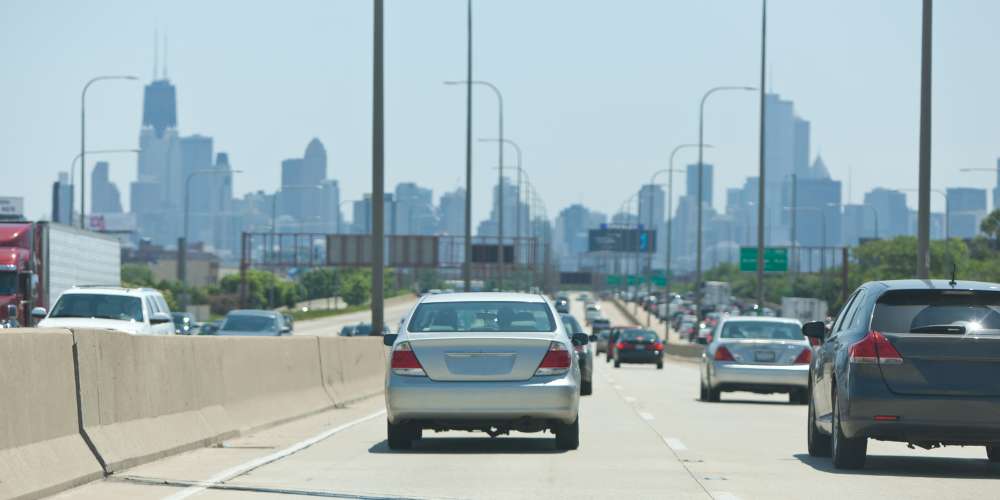While we recommend seeing a chiropractor after a car accident, the most important way to…
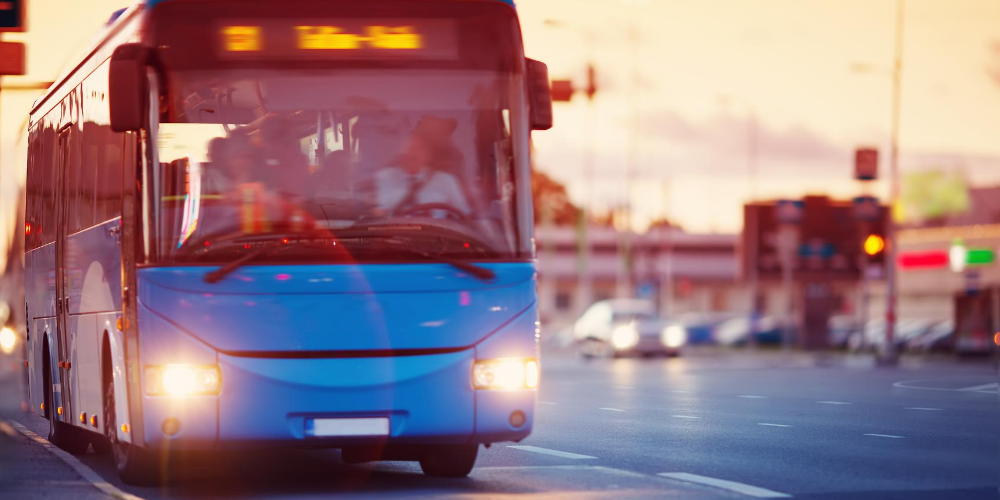
What To Do If You’re In a Bus Accident
Sometimes, riding the bus to get to your destination is an easier, more convenient option. It means no spending money on gas, stressing about traffic, or taking time to find a parking spot. In many cities, residents prefer to not own a car and instead, rely on well-run transit systems. While a bus offers some conveniences, like any public service, it’s not perfect. Buses can be delayed and sometimes uncomfortable during peak hours, though some cities have limited the number of riders due to COVID-19. Mostly though, just as anytime you’re taking public transit, you assume a certain amount of risk. Most people who take transit their whole life will never experience an accident, but it’s important to be prepared if you are in a bus crash so you know how to react.
If you’re in an accident
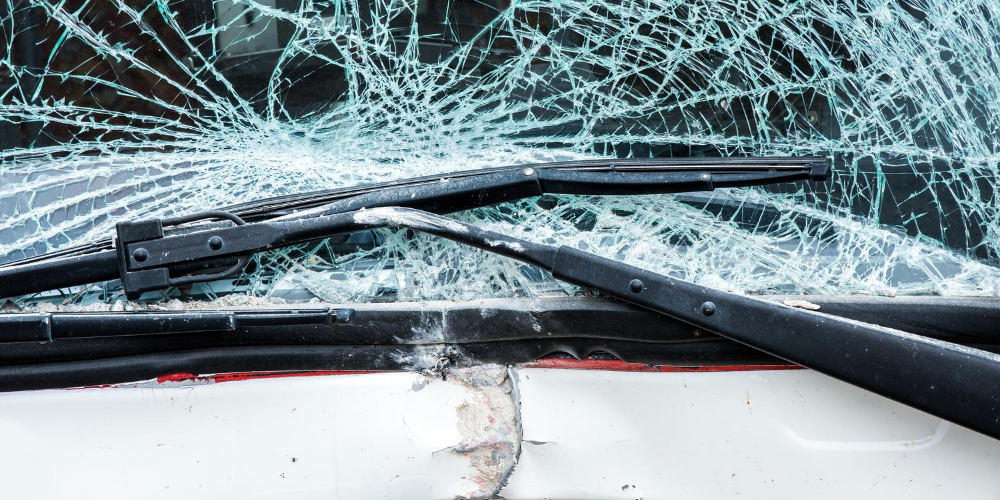
If you’re riding a bus and involved in an accident, prioritize your safety and well-being first. Check yourself for signs of serious injuries. Are you bleeding, cut, or able to move? Determine how seriously you’re injured. If you’re not in a position to move, stay put and call for help. If you don’t notice any major injuries and aren’t experiencing any pain, remove yourself from the vehicle and attend to others involved in the accident.
If you’re not in a position to give aid, call 911 and report the incident. Try to relay the most important information first, including the location and how many people may be involved. If there are not people that need attending to immediately, write down and record information about the accident. Any extra information you can remember can be helpful in a police accident report. Details including the direction of travel and what happened prior to the accident can be helpful to officials investigating a cause. Consider taking pictures and video to help document the scene. For your own use, write down the vehicle number and license plate number. It’s also smart to exchange information with other riders. Get their names and contact information. These contacts could be helpful down the road, depending on your situation.
Working back to full health
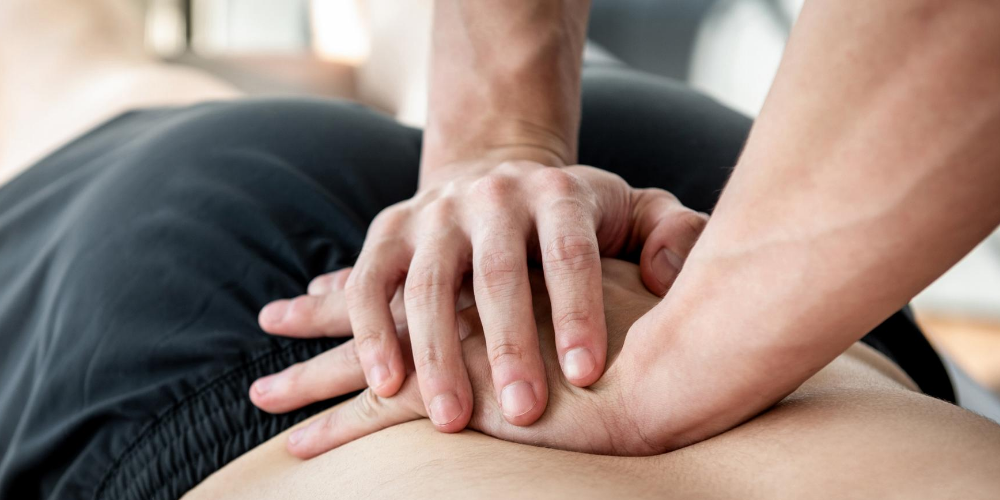
Even if you don’t feel any physical pain after an accident, it’s smart to visit a doctor and get checked out. They may find something you missed. Sometimes soreness, aches, and pain kick in days after an accident. As you consider options for your health care, think about meeting with a chiropractor. Chiropractors specialize in relieving pain by focusing on treating your joints. Often this includes specialized care for many injuries that occur after a vehicle accident. A chiropractor can tell you what to expect after an accident and create a recovery plan that is unique to your pain and injuries.
Covering costs
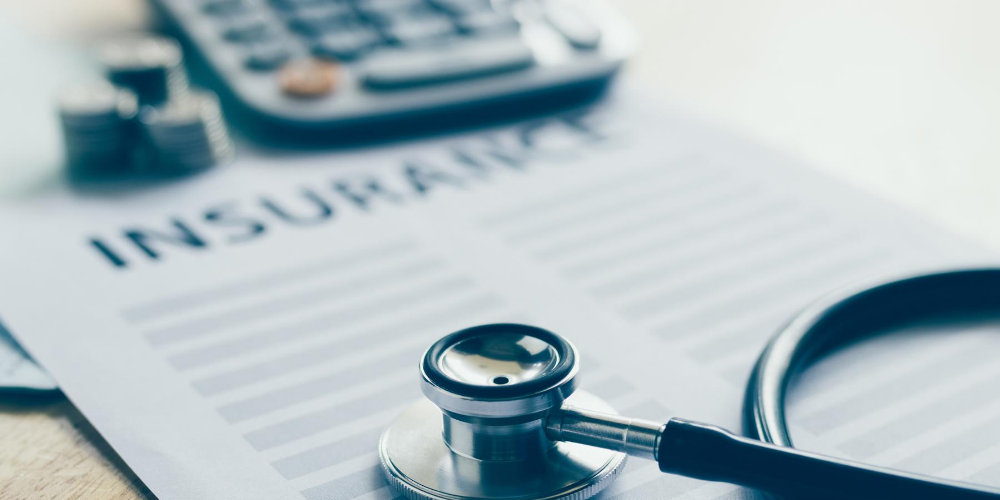
Being in an accident that’s not your fault shouldn’t hurt your bank account. Contact the public transit operator after an accident. They will have insurance, and depending on your case, you may be able to make a claim to receive compensation. When making your claim, remember to provide all the details you recorded at the scene of the accident. Depending on the insurance company’s decision, you still may be liable for some costs. If seeking out chiropractic care, there are ways to limit out-of-pocket expenses.
Getting back on the bus

Accidents are rare on public transportation, but they do happen. If you’re involved in one, take the necessary steps to ensure your safety and physical well being. Consider visiting a chiropractor to help you work toward recovery and put you in a position to begin enjoying the overall convenience of riding the bus again.
For more information, please contact us.

